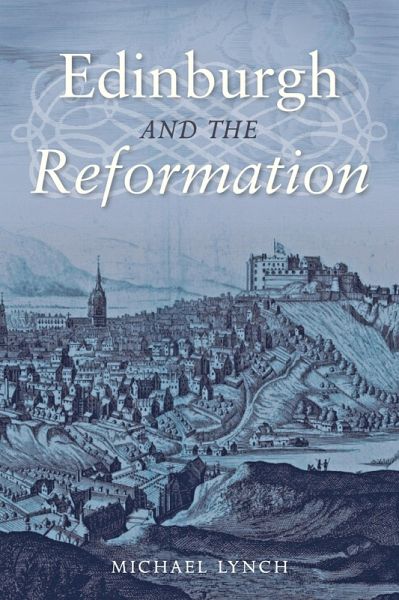
Edinburgh and the Reformation (eBook, ePUB)

PAYBACK Punkte
0 °P sammeln!
Edinburgh's reformation was one of the last of the great city reformations of the sixteenth century. It took on a highly distinctive shape due to the burgh's social and economic problems and its position as a cockpit for English policy in Scotland and the shifting factionalism of Scottish politics. In studies of the Scottish Reformation, too little attention has been paid to the nature of Scottish society itself. In a society so conscious of rank, tradition and precedent, the Reformation was only likely to make progress where it did not disturb the existing order, and in Edinburgh the new reli...
Edinburgh's reformation was one of the last of the great city reformations of the sixteenth century. It took on a highly distinctive shape due to the burgh's social and economic problems and its position as a cockpit for English policy in Scotland and the shifting factionalism of Scottish politics. In studies of the Scottish Reformation, too little attention has been paid to the nature of Scottish society itself. In a society so conscious of rank, tradition and precedent, the Reformation was only likely to make progress where it did not disturb the existing order, and in Edinburgh the new religion was obliged to work within the natural constraints of burgh life. This book shows that the early promise of the Protestant reformers of a new society provoked a backlash and had to be abandoned for a new conciliatory approach. The result was that power remained in much the same hands in the 1580s as it had in the 1540s, with one real difference - there was more of it.
Dieser Download kann aus rechtlichen Gründen nur mit Rechnungsadresse in A, B, BG, CY, CZ, D, DK, EW, E, FIN, F, GR, H, IRL, I, LT, L, LR, M, NL, PL, P, R, S, SLO, SK ausgeliefert werden.













